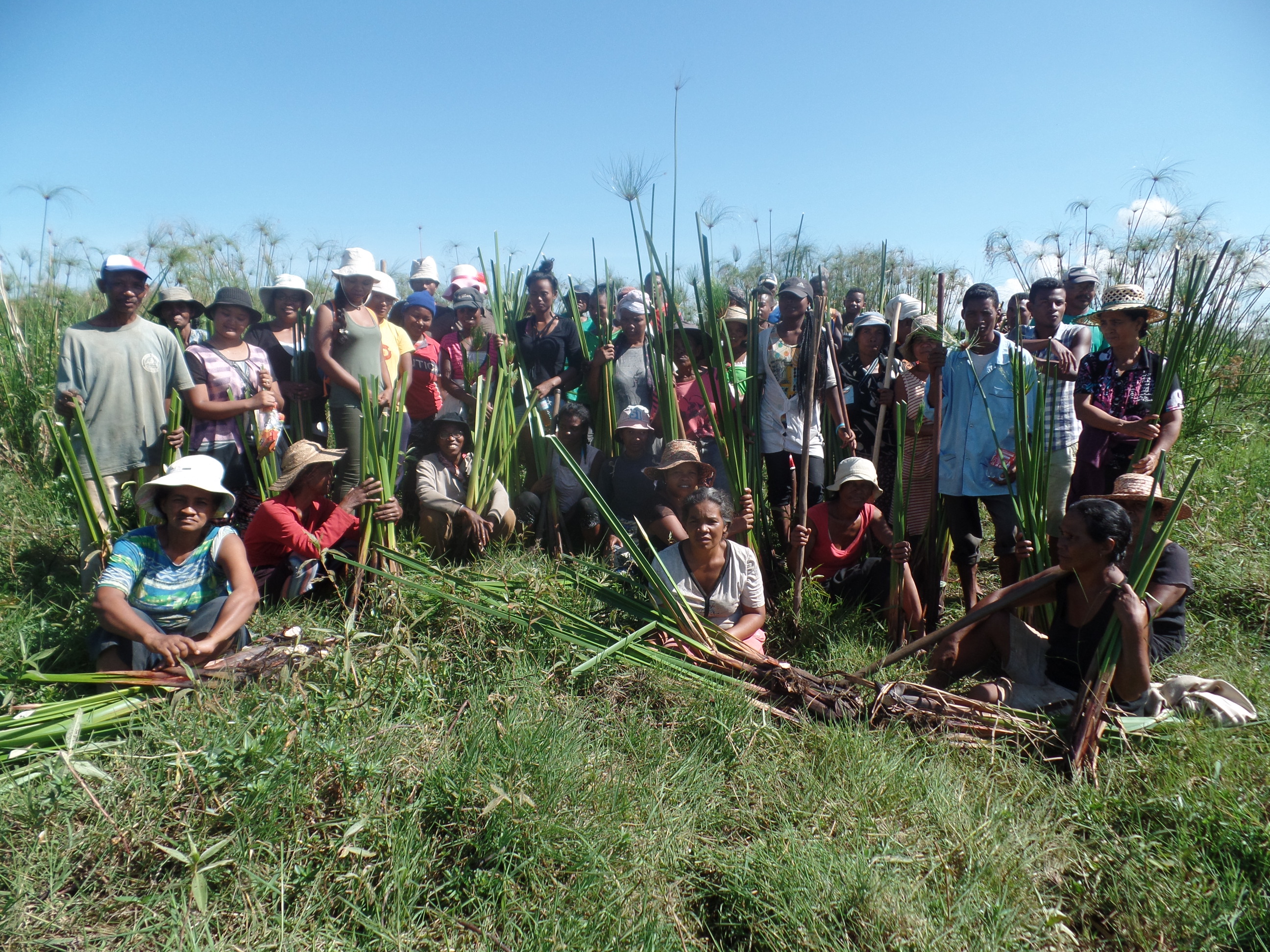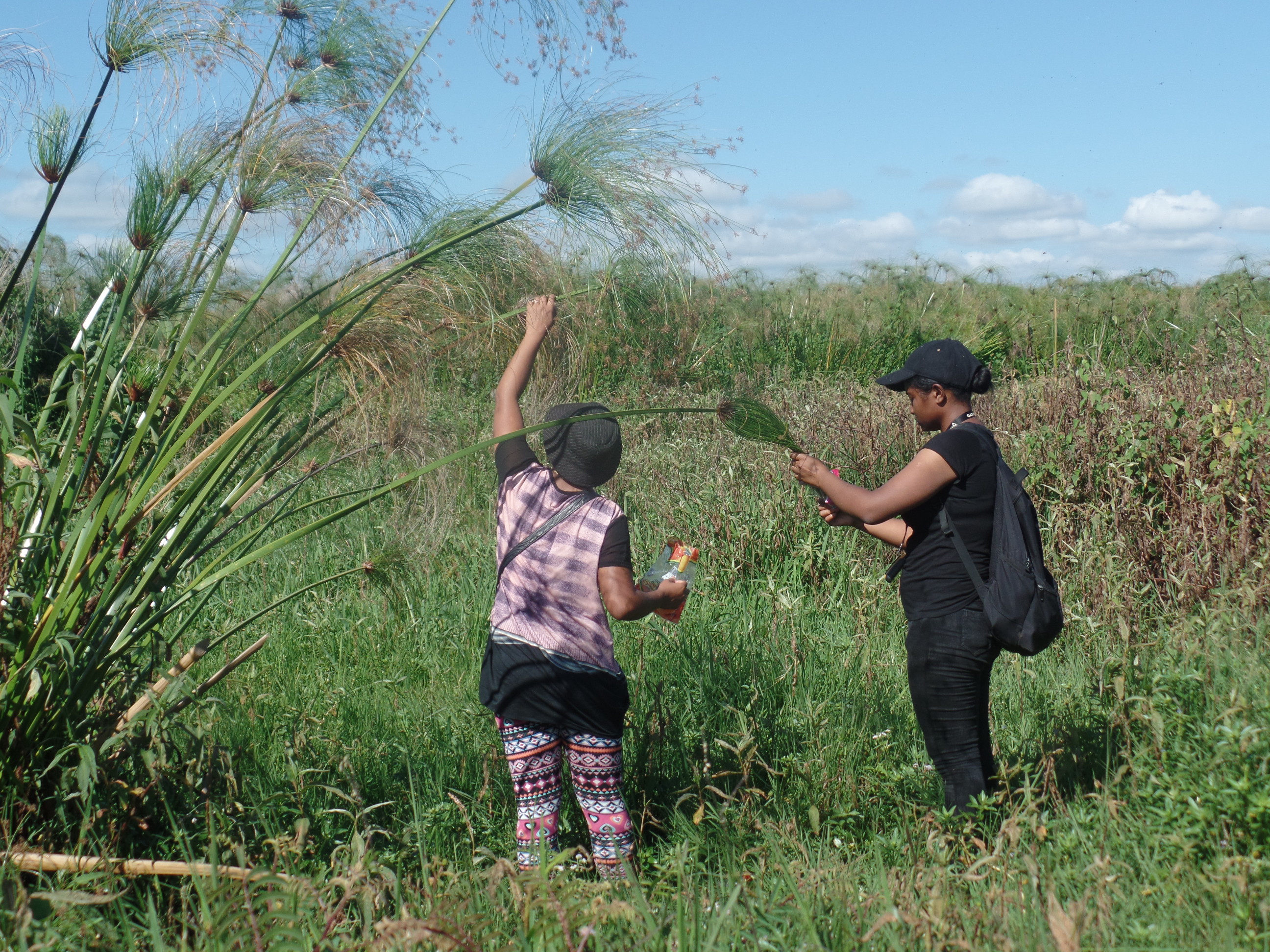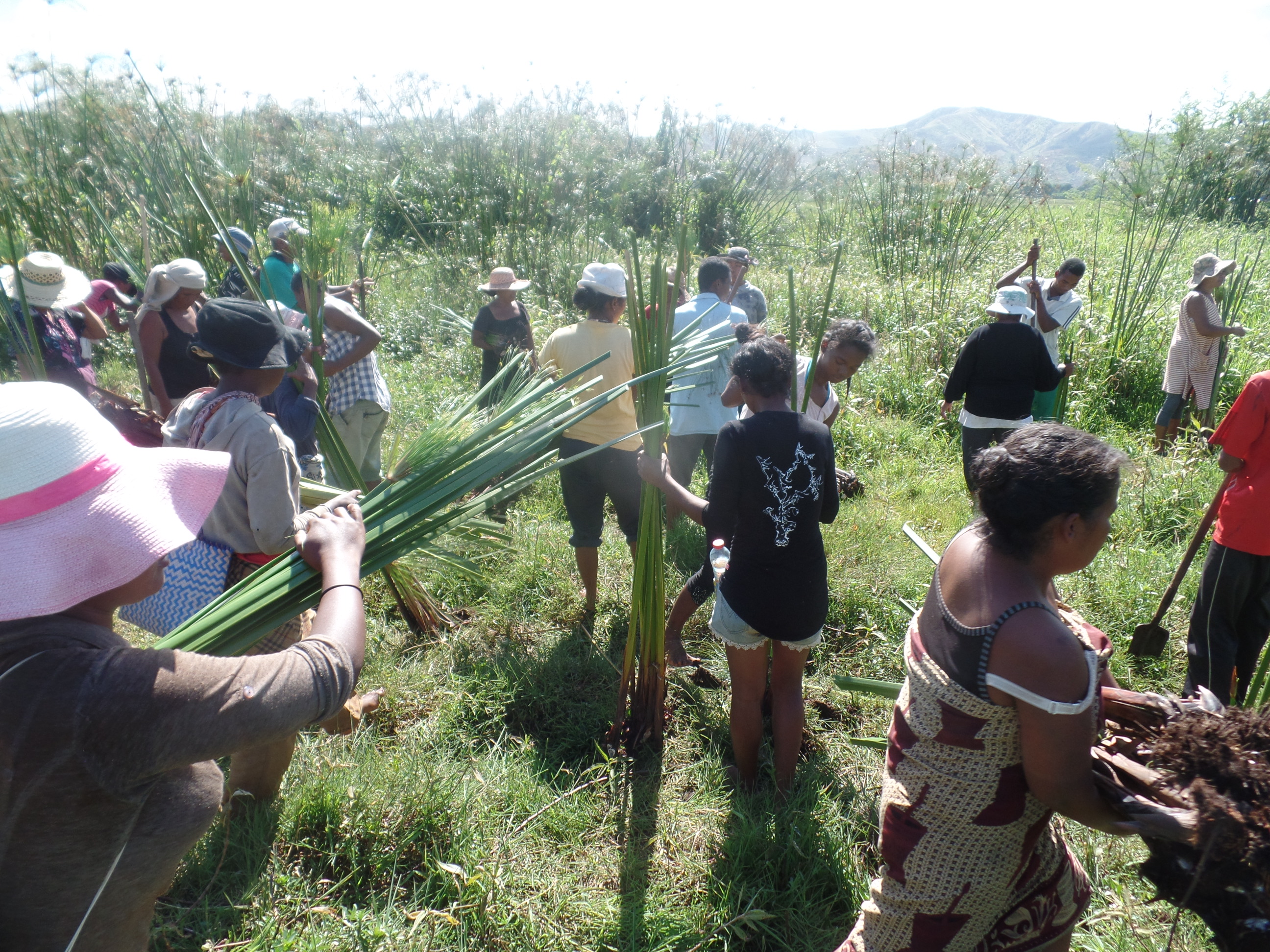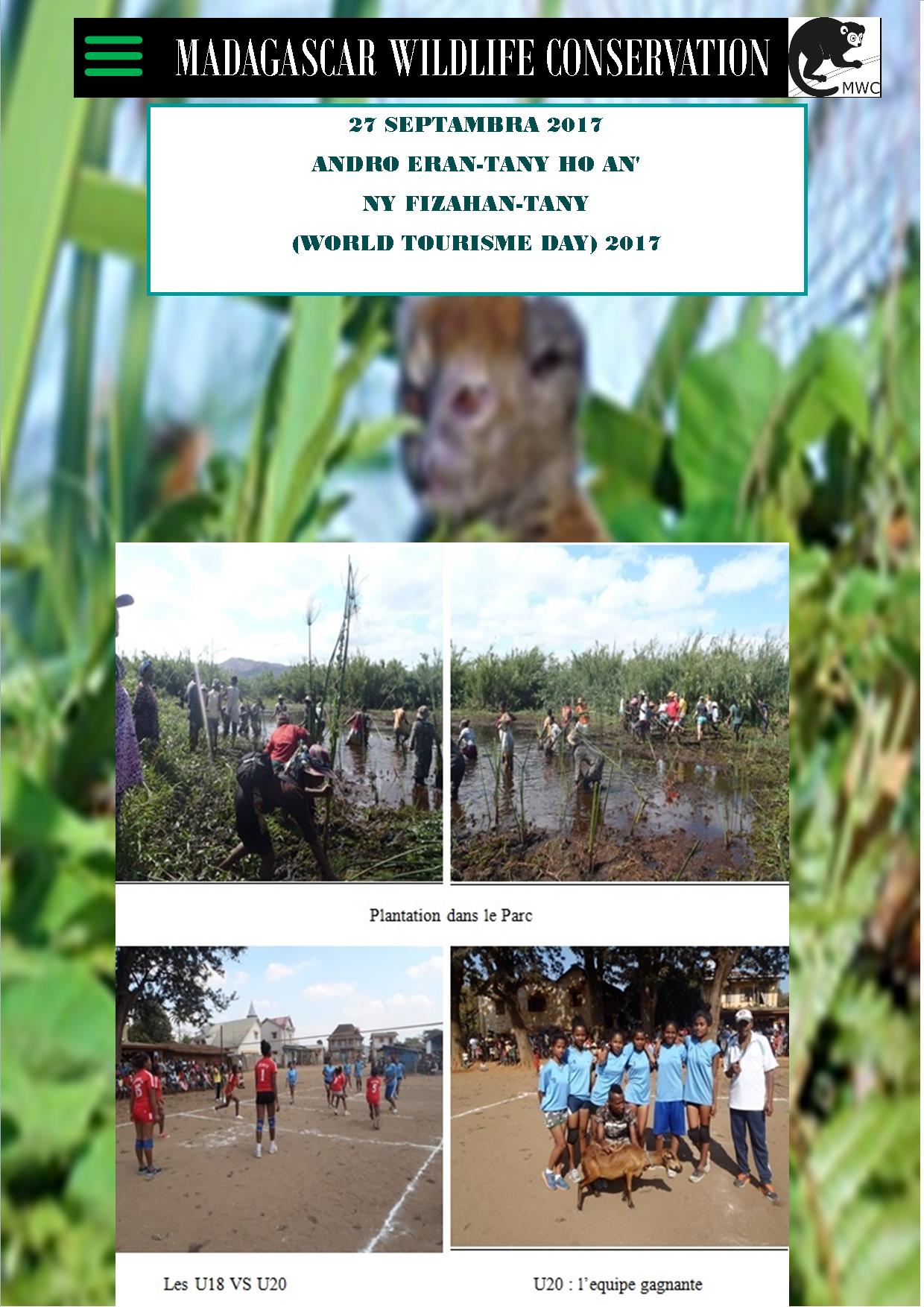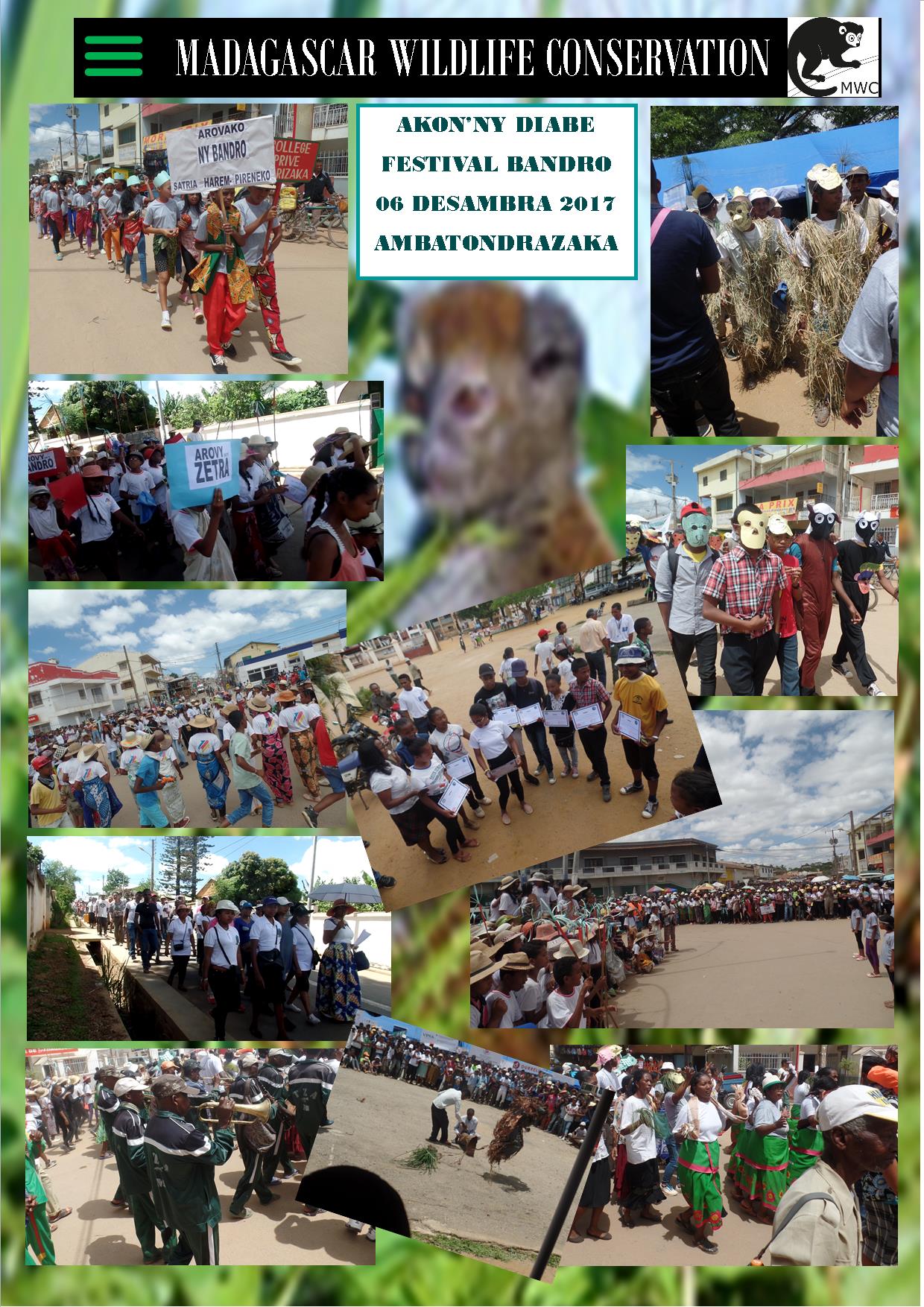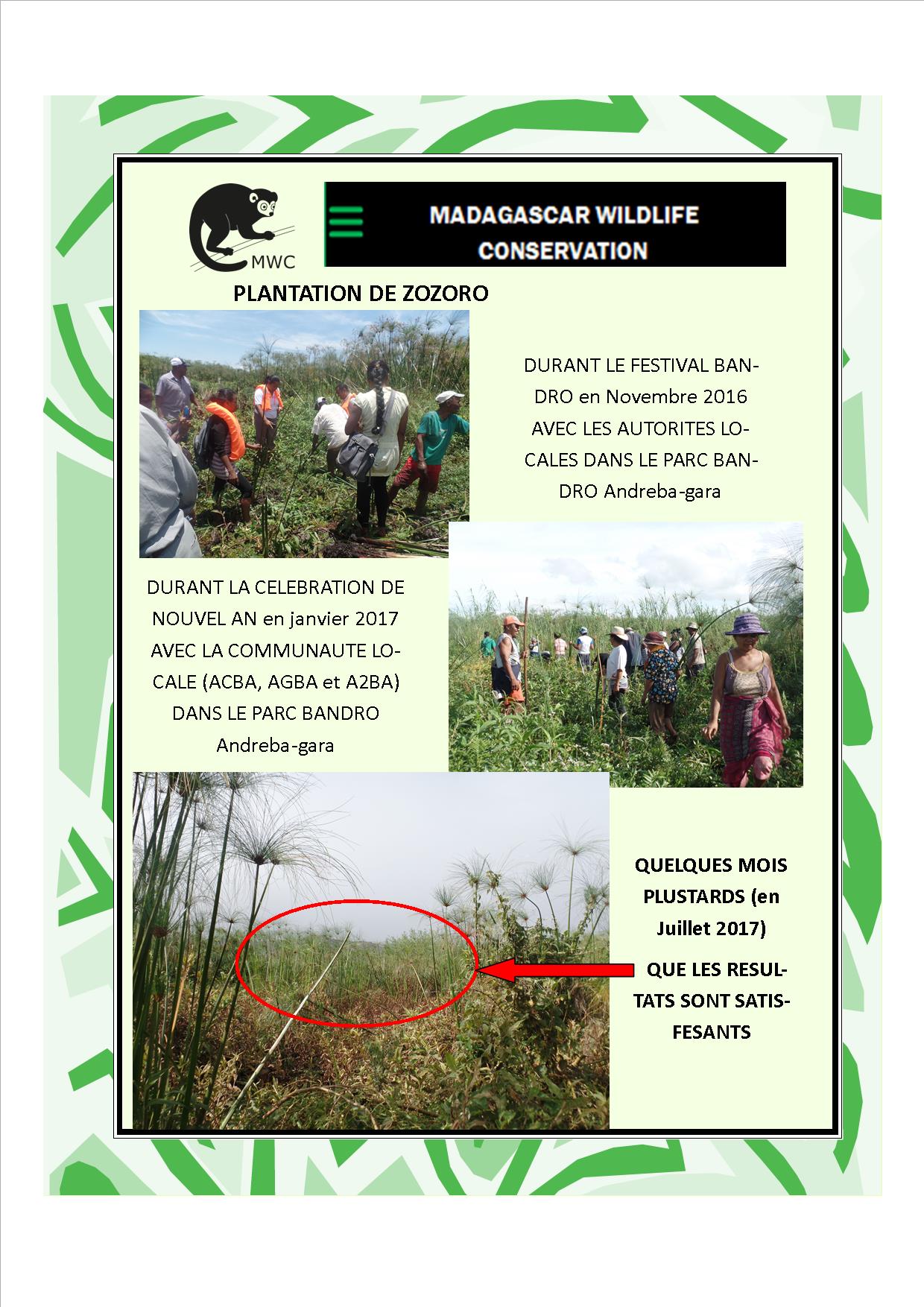The Documentary “Alaotra – Endangered Treasures of Madagascar” produced by Dorcon Film, and in close collaboration with MWC, has already been selected for four international film festivals!

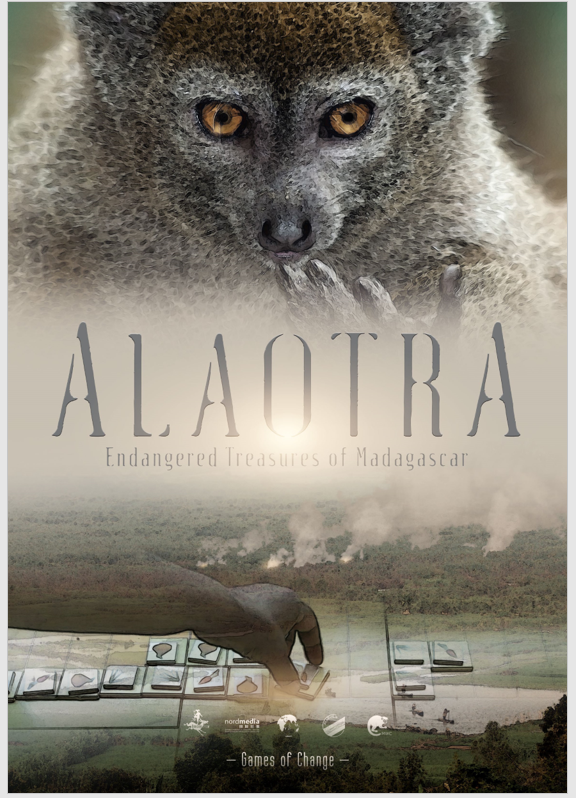
Description: Documentary, 72mins, EN/FR/MG with English and French Subtitles.
Summary: A group of European and Malagasy researcher and conservationists want to save the last of the rare Alaotra Gentle Lemur – called “Bandro” – in Madagascar. As habitat – crucial for survival of the Bandro – continues to be destroyed, they are reverting to extraordinary measures: Playing an educational, reality-based boardgame with the locals to change behaviours and turn the wheel of extinction around.
Follow us to some of Madagascar’s hidden places – far away from the touristic centers – to find out what can happen when derivates of our modern times seep slowly into traditional ways of living.
Interested in watching the film? You can do so here!

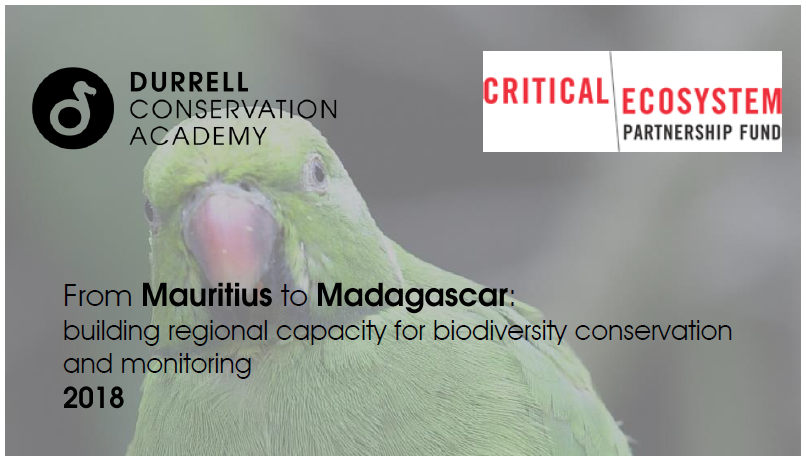
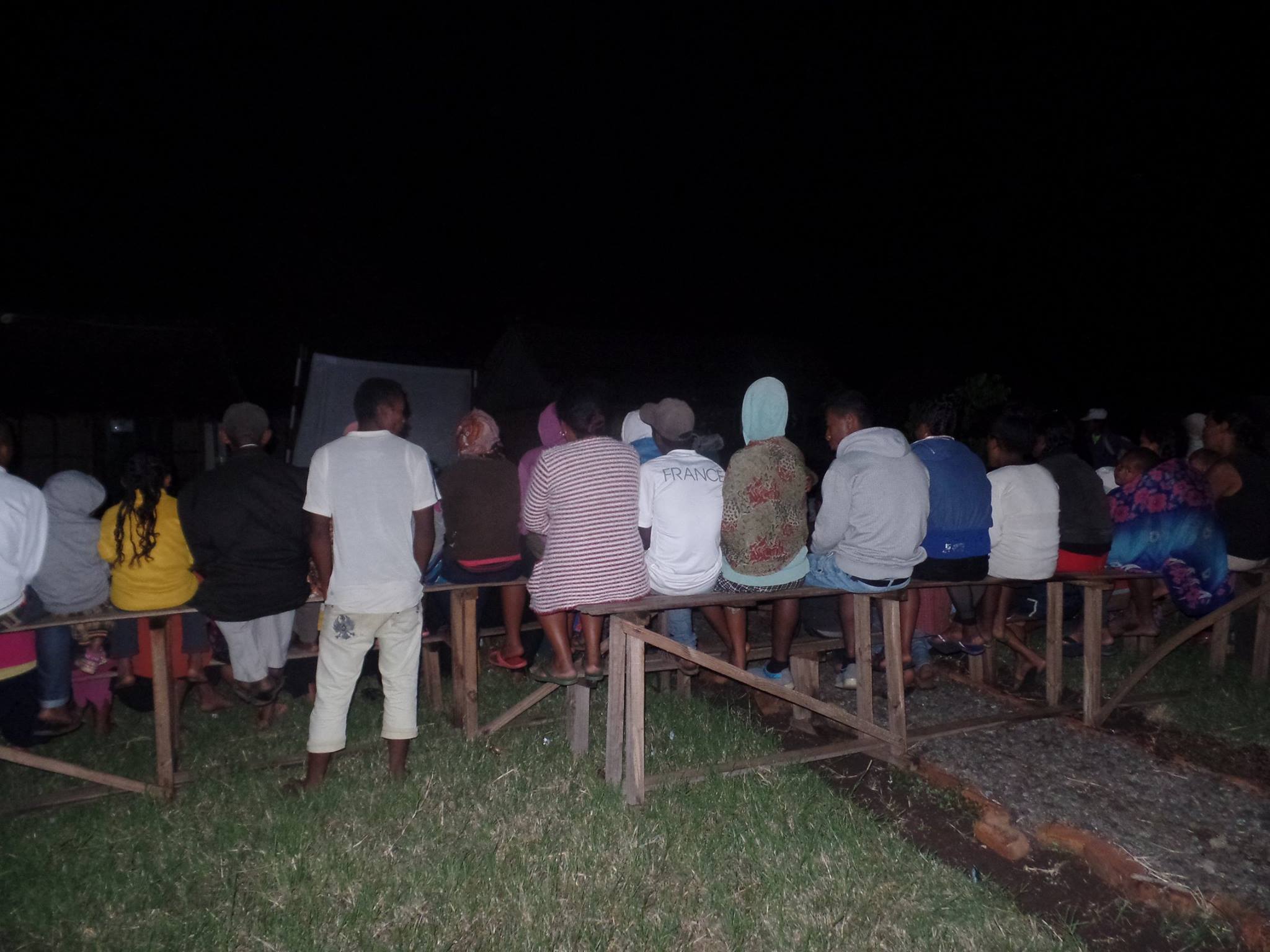 Projection film documentaire 1: “Island of Lemurs Madagascar” au Camp Bandro Andreba-gara
Projection film documentaire 1: “Island of Lemurs Madagascar” au Camp Bandro Andreba-gara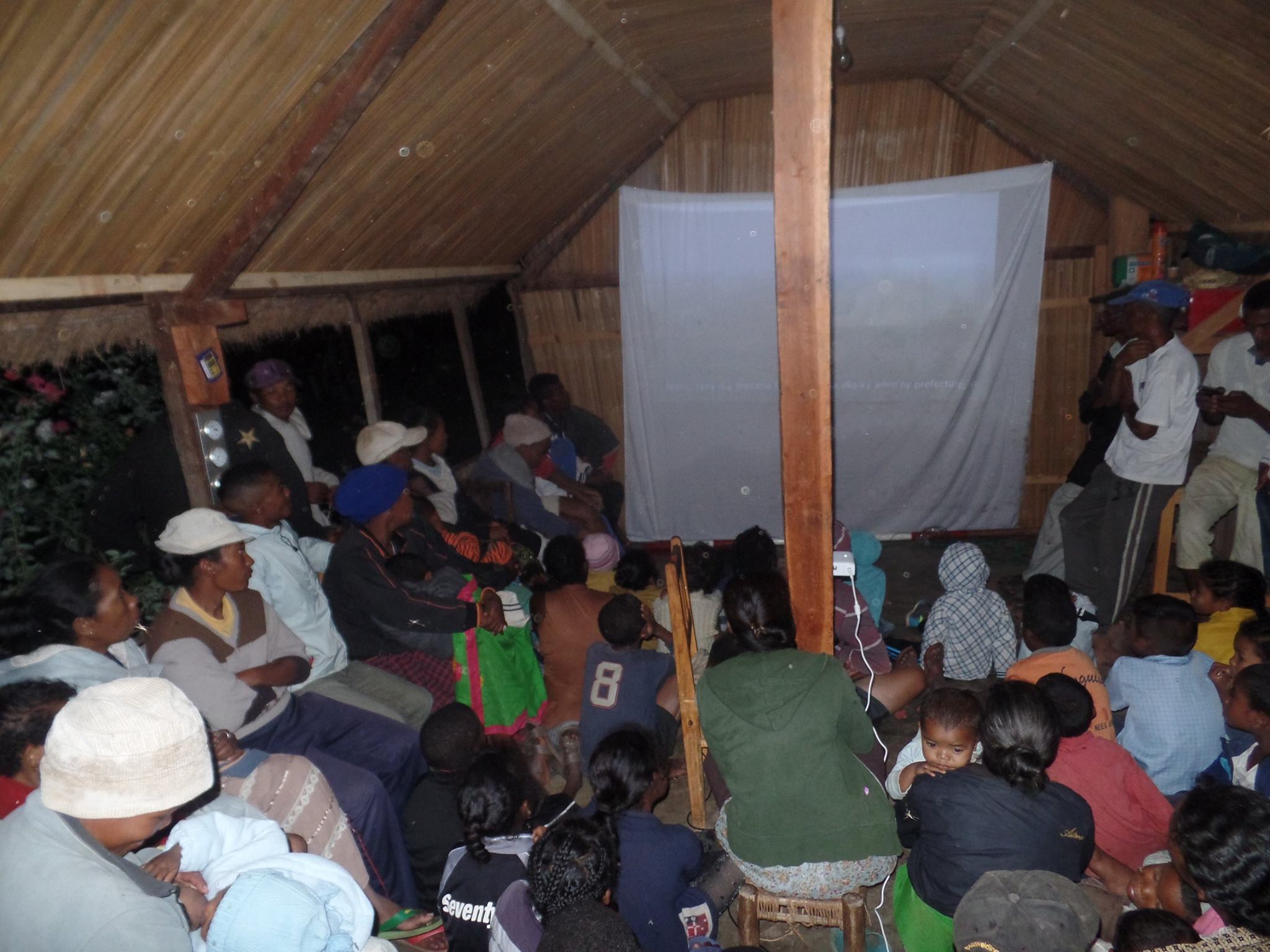 Projection film documentaire 2 : “ALAOTRA_Endangered Treasures of Madagascar”
Projection film documentaire 2 : “ALAOTRA_Endangered Treasures of Madagascar”